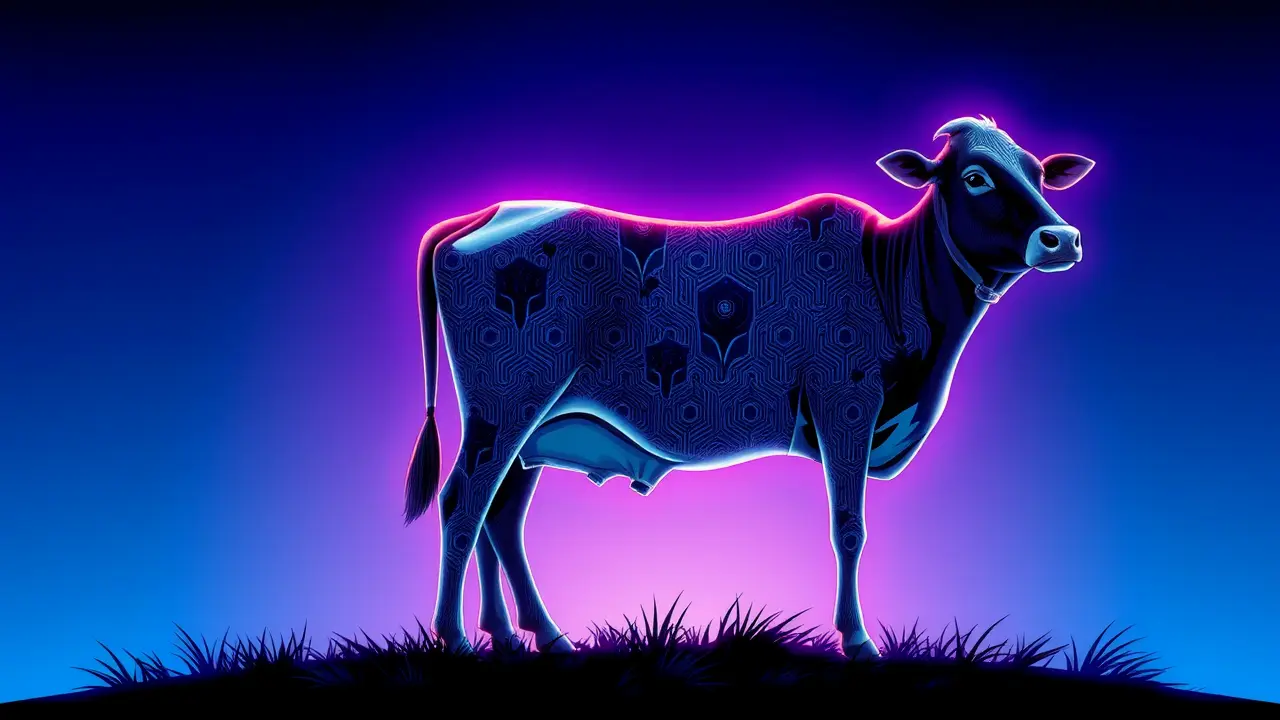
SporthockeyKHL
Man exchanges unfaithful wife for cow and cash.
LA
Laura Bennett
1 month ago7 min read
In the quiet village of Puudombi, nestled within Indonesia's Konawe regency, a marriage of five years unraveled in a manner that would seem unimaginable to most of the modern world, yet was resolved through a framework of profound cultural continuity. The man known as SRH, upon discovering his wife NS's infidelity, did not file for a contentious divorce in a sterile courtroom but instead invoked a centuries-old Tolaki tribal custom, a practice known locally as *'mbolongko,'* which translates roughly to 'the returning.' In this intricate social contract, the wronged husband formally handed his wife to her lover, accepting in return a single cow and an undisclosed sum of cash, a transaction that was not a cold sale but a deeply symbolic restoration of balance and honor. The Tolaki people, from whom this tradition springs, are renowned not for barbarism but for their deep-rooted values of peace and unity, their vibrant traditional ikat textiles representing the interconnected threads of community life.For them, this custom is not a commodification of a person but a structured, face-saving mechanism to resolve a potentially violent and community-shattering conflict, acknowledging the broken marital bond and providing tangible compensation to the injured party, thereby allowing all involved to move forward without the lingering poison of vengeance. To understand this is to step outside a Western, individualistic paradigm and into a collectivist worldview where the harmony of the village often supersedes the desires of the individual, where a transgression is not just a personal betrayal but a tear in the social fabric that must be visibly mended.One can imagine the weight of that moment—the gathering of elders, the quiet, solemn discussions, the palpable tension giving way to a reluctant, communal acceptance of a painful truth. What becomes of NS, the woman at the center of this exchange? Does she find a new life with her lover, her agency subsumed by tradition, or is there a hidden power in a system that formally acknowledges a relationship she had already chosen? And what of SRH, standing beside the cow, a living, breathing representation of his restored standing? The animal is not merely currency; it is a source of future sustenance, a capital asset that can be bred or sold, a practical foundation upon which to rebuild a life fractured by betrayal.This event forces us to confront our own assumptions about justice, gender, and the very definition of marriage. While such practices are often dismissed as archaic by international human rights organizations, which rightly raise concerns about the agency and consent of the women involved, they persist because they offer a form of resolution that the state’s legal apparatus cannot provide—a resolution that is immediate, culturally legible, and endorsed by the community itself. It is a stark reminder that across the globe, parallel systems of justice operate, systems built on traditions that have weathered generations, and that the human heart, in its search for solace and order, will often turn to the oldest laws it knows, for better or for worse.
#lead focus news
#Indonesia
#tribal custom
#adultery
#compensation
#cow
#marriage
#Konawe
Stay Informed. Act Smarter.
Get weekly highlights, major headlines, and expert insights — then put your knowledge to work in our live prediction markets.
Related News
Comments
Loading comments...
© 2025 Outpoll Service LTD. All rights reserved.